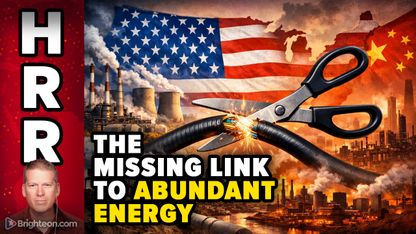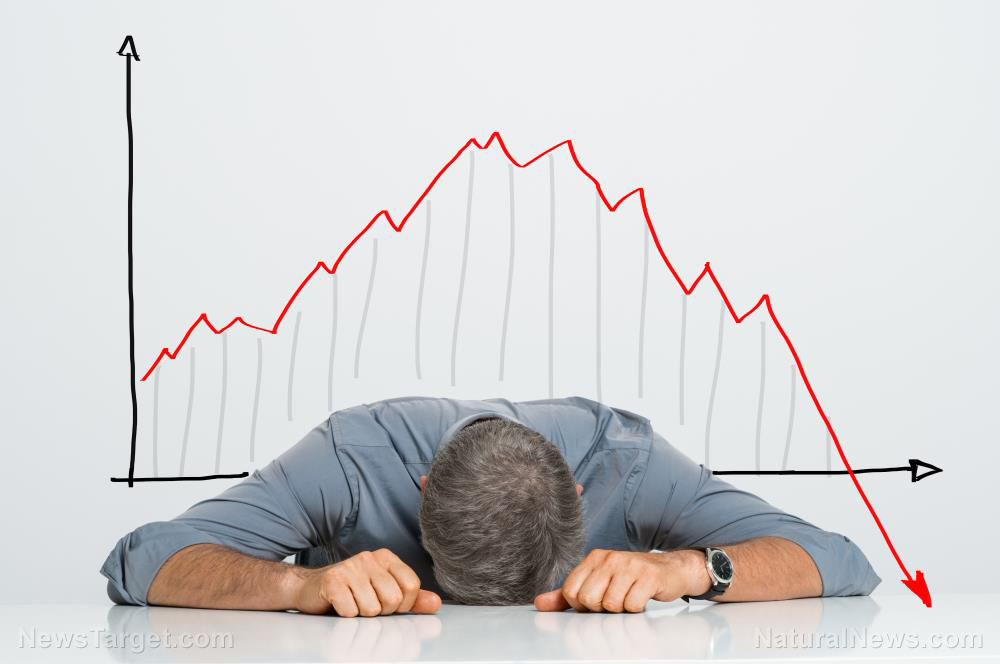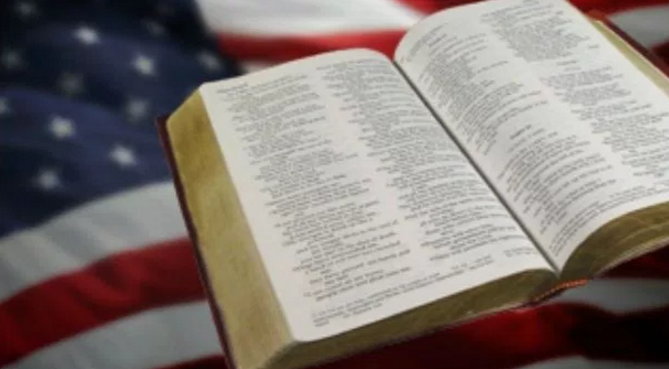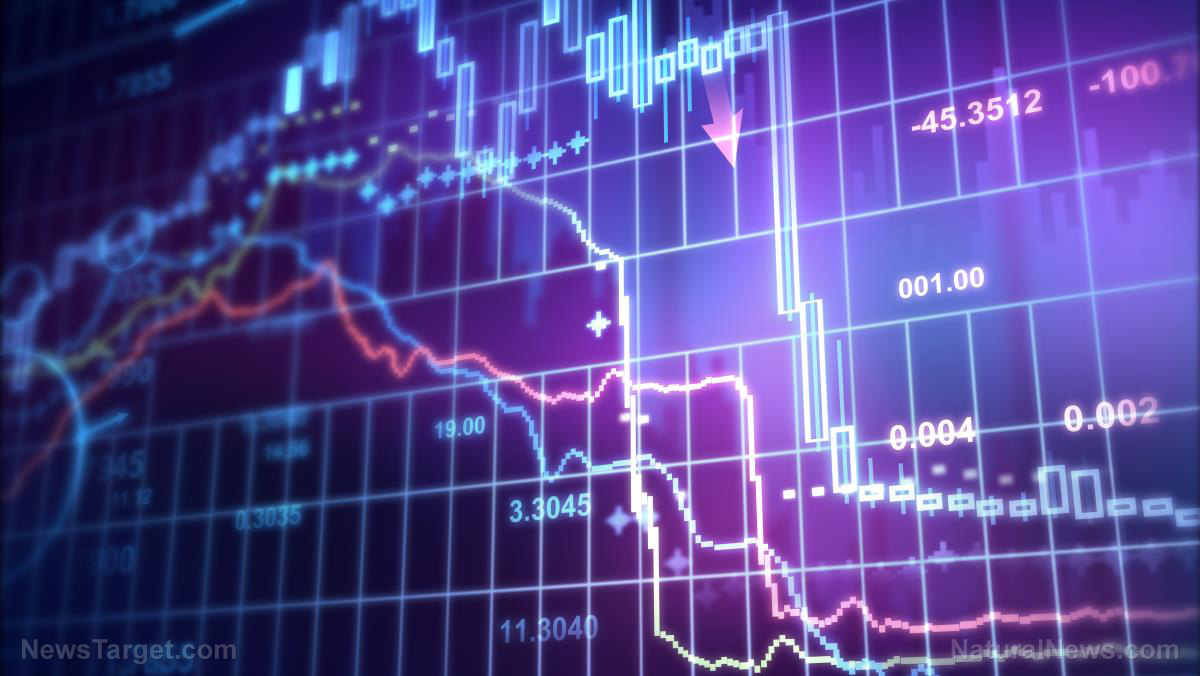
Even though there are millions of available jobs in the United States right now, there are still as many as 107 million working-age Americans who are not employed.
According to the Department of Labor, there are 100.45 million people "not in the labor force" in October, up from the 100.412 million in September who were not participating in the workforce. This is the 14th straight month that the number of working-age Americans "not in the labor force" exceeded 100 million.
The Labor Department's figures do not give the full number of potential workers who are currently not employed because it does not include officially unemployed people.
According to the Federal Reserve, the number of Americans who are officially considered to be unemployed stands at around 7.4 million.
This puts the total number of Americans who are not in the workforce at around 107.8 million people, or around a third of the country's entire population of 331 million.
Labor shortage likely to continue despite job growth
According to the Bureau of Labor Statistics, the American economy added 531,000 new jobs in October. Despite this strong growth in new jobs, the American workforce is still short four million jobs compared to before the beginning of the Wuhan coronavirus (COVID-19) pandemic.
The new jobs came across a variety of sectors of the economy, including 17,000 in private education, 54,000 in warehousing and transportation, 60,000 in manufacturing and 119,000 in the restaurant and food service industries.
Many leading Democrats see the strong job growth as a sign that President Joe Biden's economic agenda is working.
"America is getting back to work. Our economy is starting to work for more Americans," said Biden in a speech on Friday, November 5. "Thanks to the economic plan we've put through in Congress earlier this year and a successful vaccine deployment, America continues to add jobs at a record pace." (Related: A record 4.3 million workers quit their jobs in August because of unemployment benefits and vaccine mandates.)
"Today's jobs report demonstrates that the Biden-Harris economic agenda is putting Americans back to work," said Democratic Rep. Bobby Scott of Virginia, chair of the House Education and Labor Committee.
But Republicans believe Biden's attempts to intervene in the free market have hampered the robust economic recovery that began during the term of former President Donald Trump.
The GOP pointed out that the Democrats' push to extend enhanced federal unemployment benefits through September convinced millions of working-age Americans to stay at home and remain unemployed.
The Republicans have also warned against further spending, as the Democrats are attempting to push massive spending plans through Congress which could exacerbate America's economic crisis, increase inflation and dampen new investment in businesses.
"After months of failed policies and bad jobs reports, the one person who does not deserve credit for creating jobs is Joe Biden," said Republican National Committee Chair Ronna McDaniel. "After Biden and Democrats spent months paying Americans to stay home, Republican states led the way in lowering the unemployment rate and getting Americans back to work."
Even liberal-leaning economists are not optimistic about America's economic outlook despite the jobs growth.
Elise Gould, a senior economist for left-leaning think tank the Economic Policy Institute, said there are still significant job shortfalls, "especially in leisure and hospitality as well as both private and public sector education employment."
Christina DePasquale, an expert on labor economics at Johns Hopkins University, said that the uptick in new jobs suggests that the employers themselves are making adjustments to help fill jobs. This means the federal government's interventions may not be as effective as Democrats claim.
"This is certainly not the end to the labor shortage," said DePasquale. "We still see 'now hiring' signs everywhere, long lines and supply shortages."
The latest data suggests that there are still over 10 million unfilled job openings.
Learn more about Biden's disastrous handling of the labor shortage and the wider supply chain crisis by reading the latest articles at MarketCrash.news.
Sources include:
Please contact us for more information.





















